Will it snow at Easter? Forecasters take a punt
There is a chance that the bank holiday weekend could be a white one
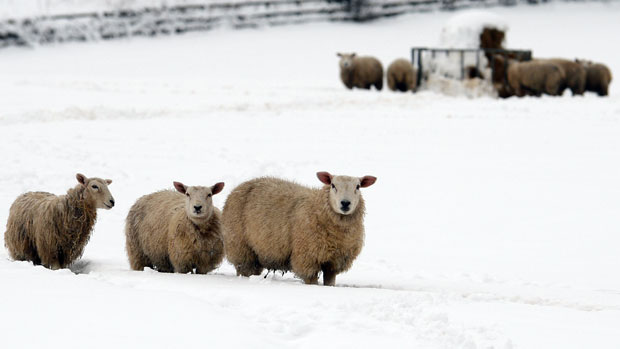
A free daily email with the biggest news stories of the day – and the best features from TheWeek.com
You are now subscribed
Your newsletter sign-up was successful
With Easter falling early this year, families, travellers and commuters are wondering if they can expect snow.
Of course there is no certain answer to that question, but flakes have fallen during the holiday "quite regularly" in recent years, says the Met Office.
Weather stations have recorded a white Easter in 2013, 2008, 1998, 1994, 1986, 1983, 1978, 1977 and 1975. In 2010, 13ins of snow were recorded on 3 April at Strathdearn in Inverness-shire.
The Week
Escape your echo chamber. Get the facts behind the news, plus analysis from multiple perspectives.

Sign up for The Week's Free Newsletters
From our morning news briefing to a weekly Good News Newsletter, get the best of The Week delivered directly to your inbox.
From our morning news briefing to a weekly Good News Newsletter, get the best of The Week delivered directly to your inbox.
This year, says the Huffington Post, temperatures could plunge as low as -14C right up to the bank holiday weekend, which falls on 25 to 28 March.
"Get ready for a white EASTER!" declares the Daily Mail, although it later manages expectations with a less certain: "Britain could be set for a white Easter…"
The paper says the Met Office is predicting "an imminent change in the polar jet stream known as 'sudden stratospheric warming [SSW]'" that will increase the chances of cold weather in Britain for the next few weeks and could "even bring snowfall at Easter".
SSW occurs when a dramatic change at high altitude causes a reversal in the polar jet stream so air above the North Pole warms and pushes cold air down to Britain.
A free daily email with the biggest news stories of the day – and the best features from TheWeek.com
The Met Office says it happens every few years on average, with the last such event bringing a chilly end to the winter in early 2013.
It adds that long-range forecasts have "consistently suggested an increased risk" of SSW toward the end of this winter.
At the moment, however, the Met Office forecast is not quite a "snowpocalypse". Its current mid-range effort, covering Easter, warns of "localised sleet or snow at times", especially in the north of the country.
That could, of course, still change.
-
 Can the UK take any more rain?
Can the UK take any more rain?Today’s Big Question An Atlantic jet stream is ‘stuck’ over British skies, leading to ‘biblical’ downpours and more than 40 consecutive days of rain in some areas
-
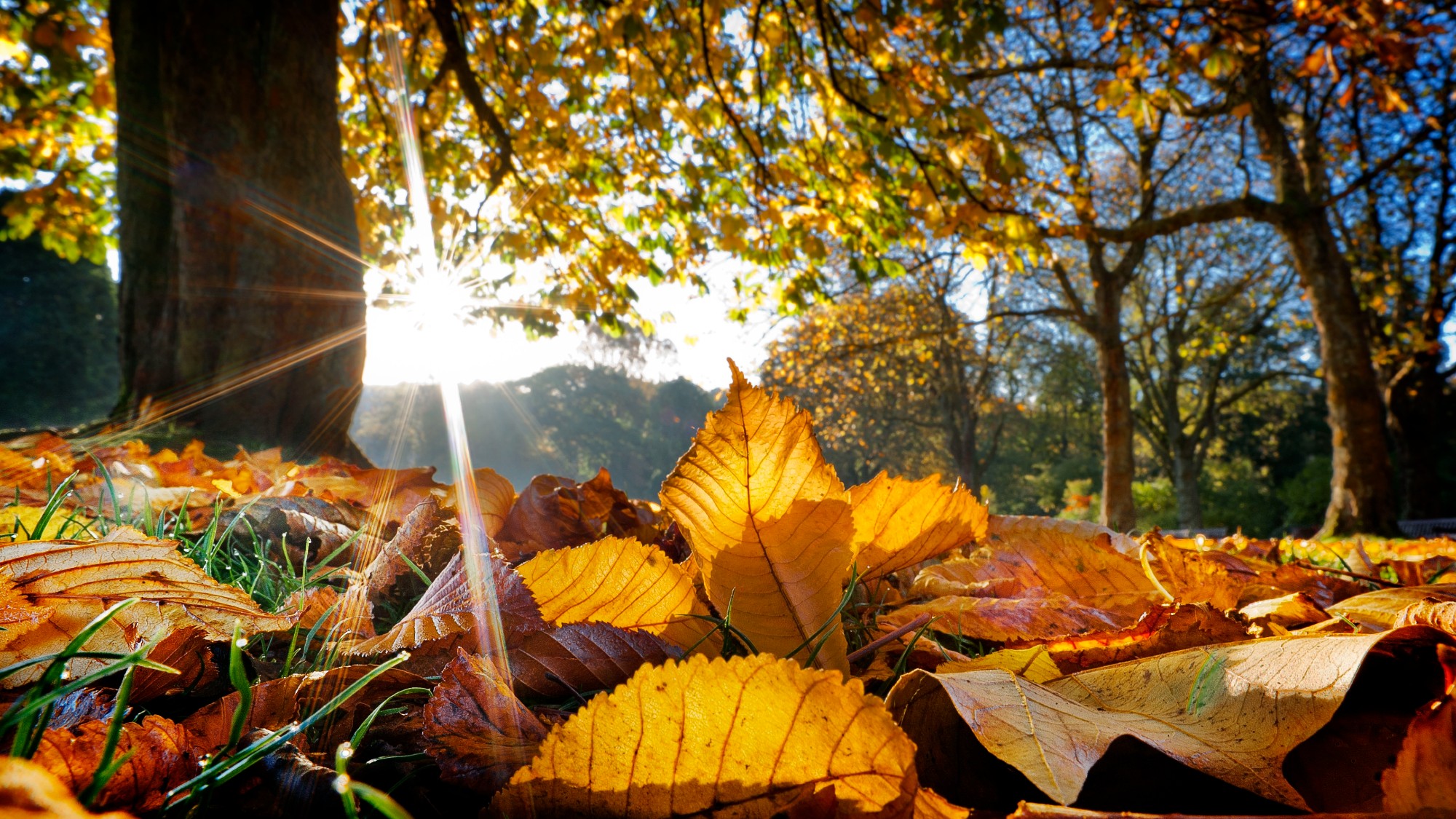 When does autumn begin?
When does autumn begin?The Explainer The UK is experiencing a 'false autumn', as climate change shifts seasonal weather patterns
-
 Why the weather keeps getting 'stuck'
Why the weather keeps getting 'stuck'In the Spotlight Record hot and dry spring caused by 'blocked' area of high pressure above the UK
-
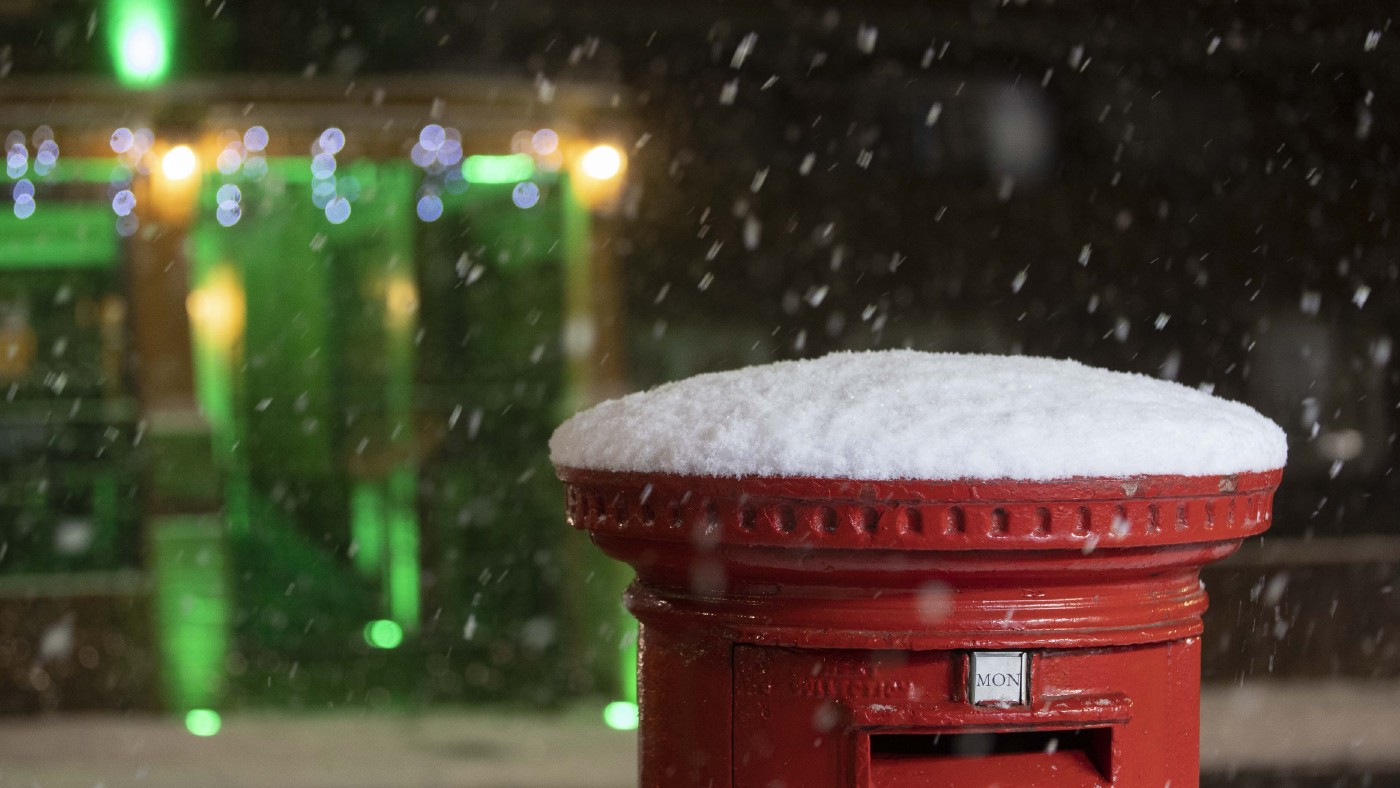 How cold does it have to be to snow?
How cold does it have to be to snow?feature Different ground and air temperatures lead to rain, sleet or snow
-
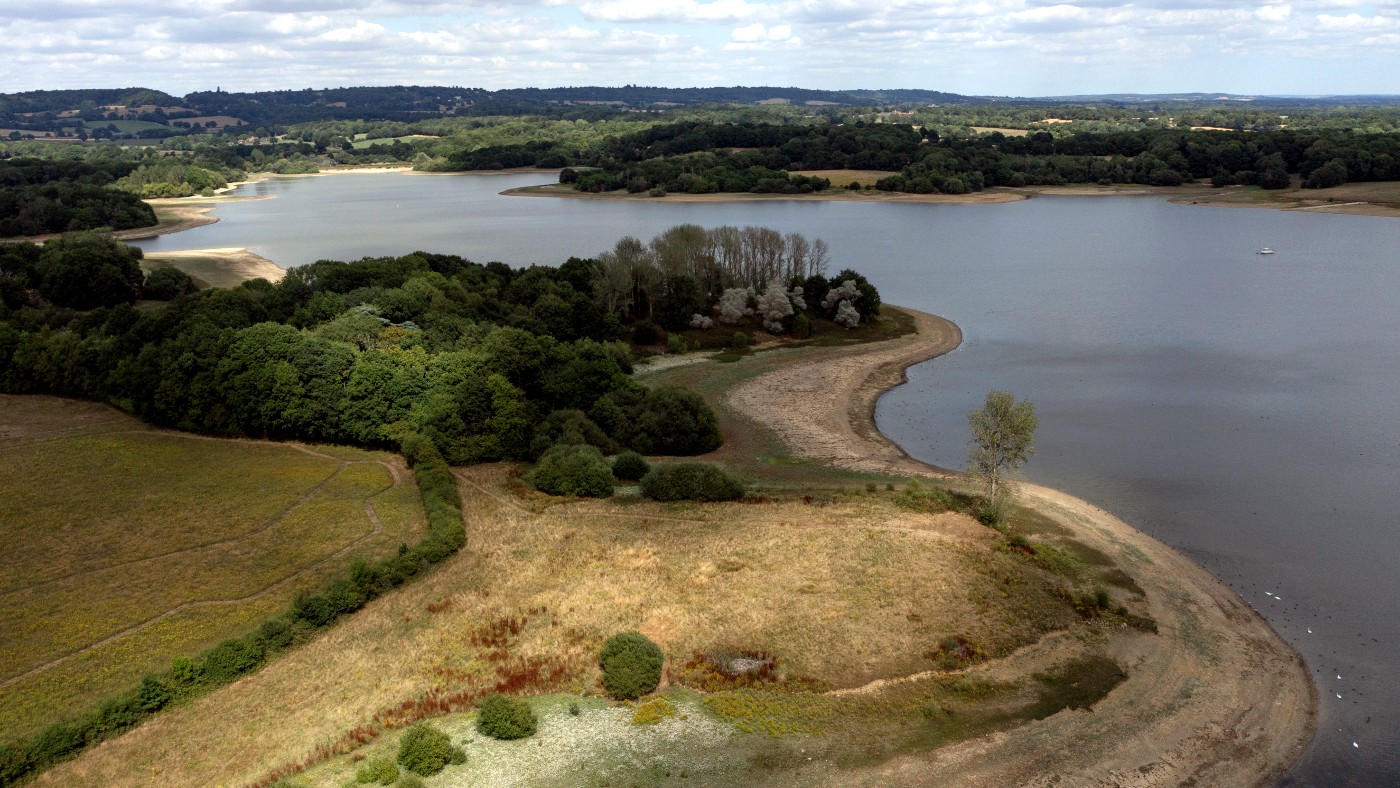 Britain is getting wetter – so why are there hosepipe bans?
Britain is getting wetter – so why are there hosepipe bans?Under the Radar Met Office data shows we have enough water, the problems lie in timing
-
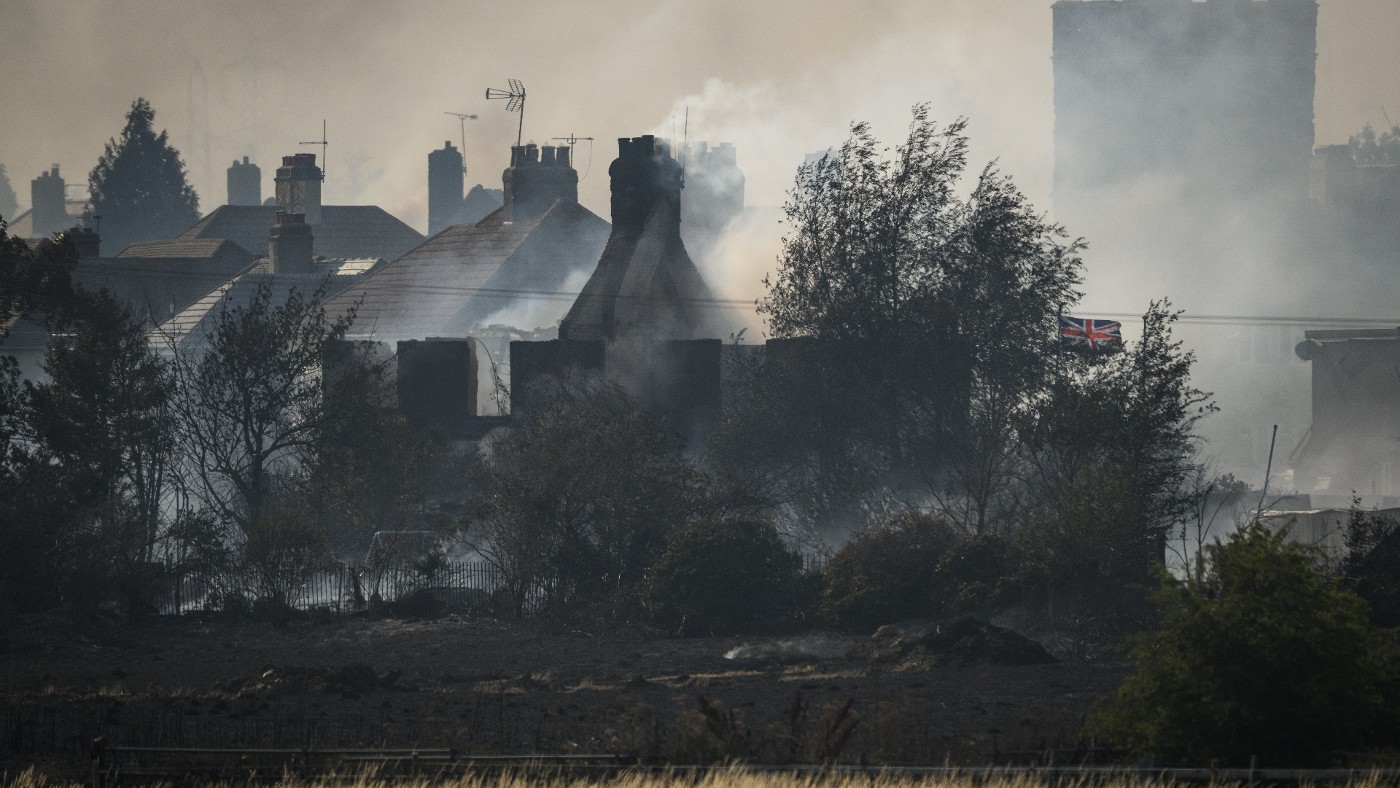 When will the next record-breaking heatwave hit Britain?
When will the next record-breaking heatwave hit Britain?Today's Big Question Expert warns that yesterday’s high temperatures are ‘just the beginning’
-
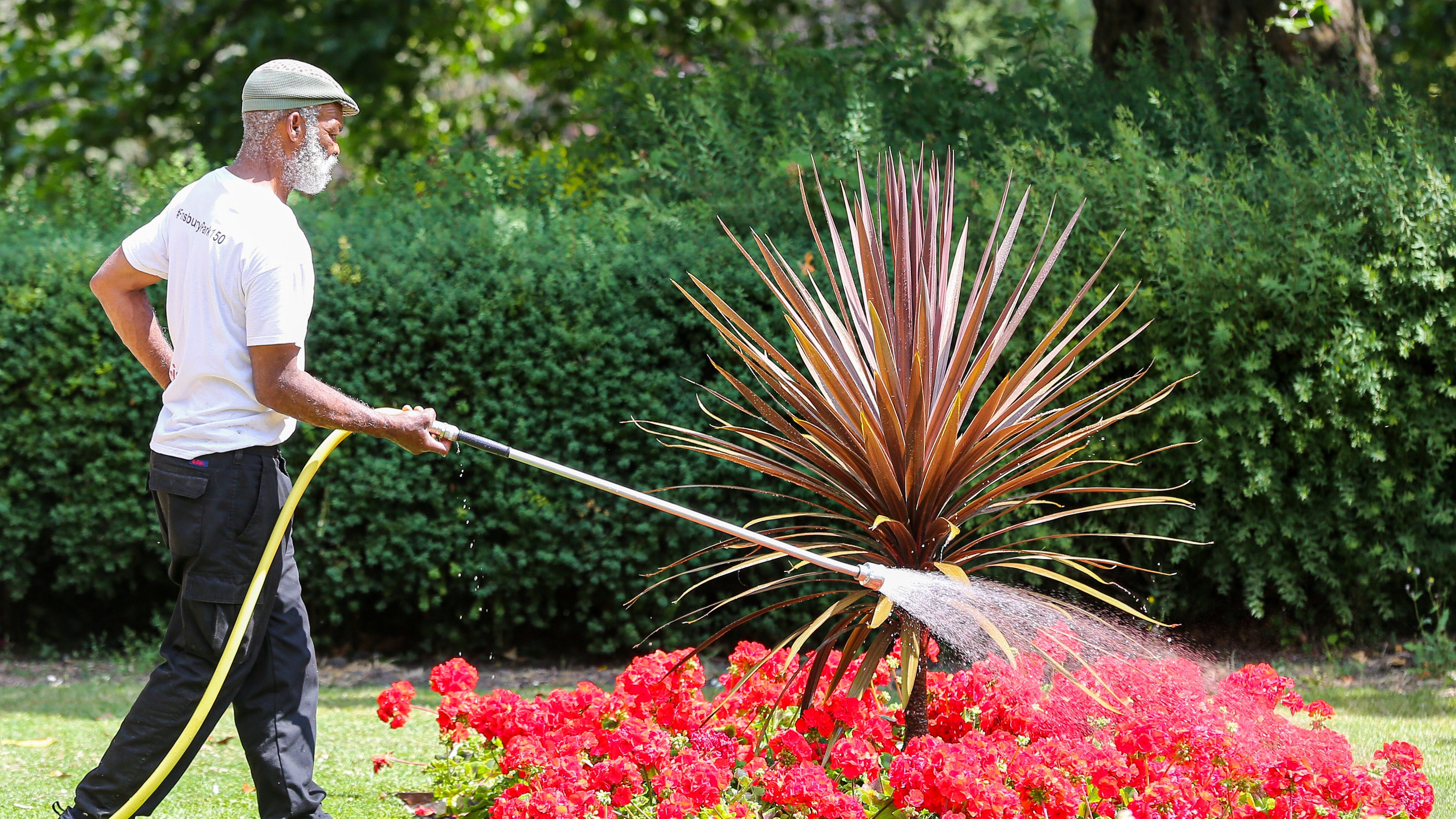 Is the UK facing a water shortage?
Is the UK facing a water shortage?Today's Big Question Restrictions may be introduced later in the summer if there is below-average rainfall
-
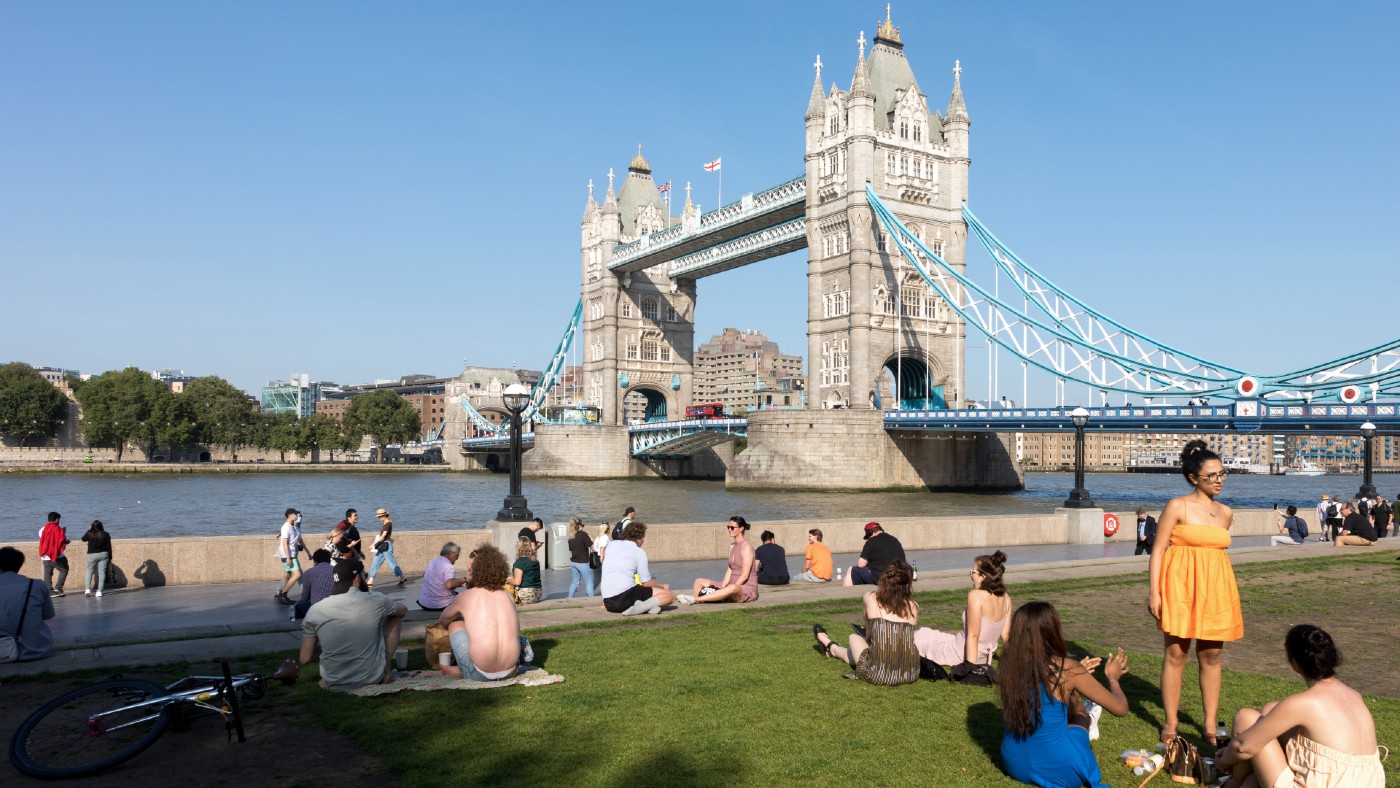 Why do heatwaves in the UK feel hotter than abroad?
Why do heatwaves in the UK feel hotter than abroad?In the Spotlight While the heat can be welcome when you’re on holiday, it can feel unbearable at home


